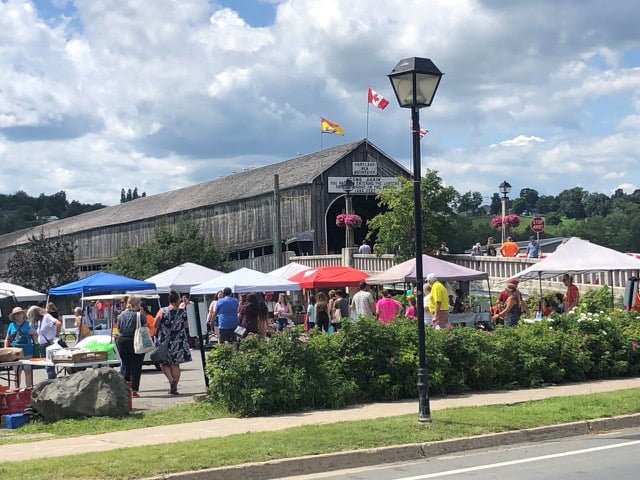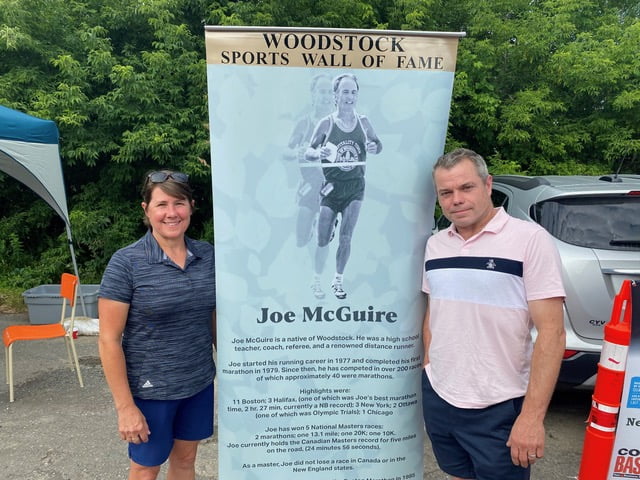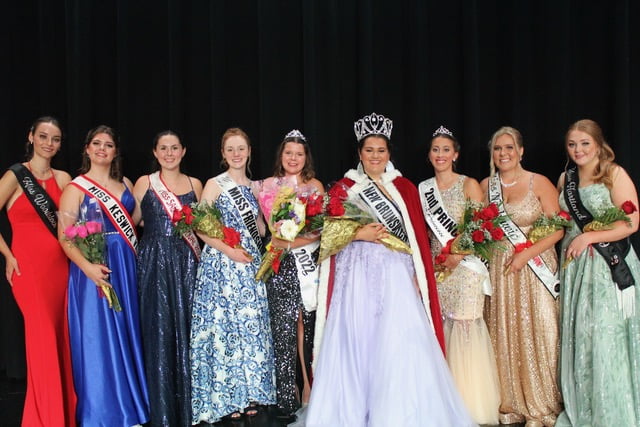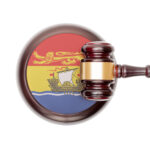Mayor wants to expand locations, design and size of banners, and review the handling of correspondence
Woodstock Council is looking to revise its promotional banner policy to expand it beyond the downtown area and help promote important community events.
Discussion of the recommended new banner policy at the Nov. 26 council meeting also touched on developing a new policy for handling correspondence with staff, the mayor and the council.
CAO Allan Walker explained the banner policy revisions would build upon the town’s new logo and rebranding efforts. He noted the town will issue a request for proposals (RFP) on entrance signage, banner locations, and event promotion.
Walker and Mayor Trina Jones explained that the planned revisions would build upon the banner policy adopted early in 2024, which limited banner usage for town-sponsored event promotion and tourism.
The policy states, “Eligible banners are for Woodstock-area tourism events only.”
The only exception beyond the specified categories was the placement of veterans’ banners before and during Remembrance Day.
The unanimously approved banner policy created a public backlash as it discontinued the annual display of pride banners supporting the LGBTQIA+ community.
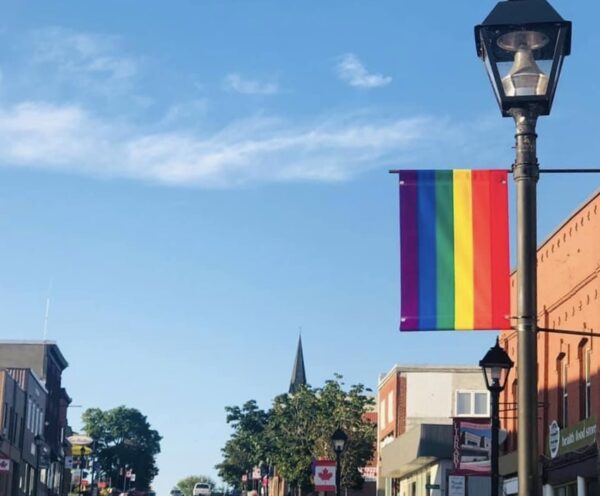
Jones explained that the revised policy would not change whose banners are displayed but would provide “greater flexibility” to the types and sizes of banners and where the town will display them.
She explained the current banner policy as “very specific” to the type and size of banners, which limited effective promotion of tourism events such as the upcoming Maritime Snowmobile Racing Championships in February.
Jones said the town is working with a marketing firm to finetune banner promotion options, which include different styles, types and sizes. The town also wants to extend banners to Connell Street to inform visitors entering the town from the Trans Canada Highway.
“The old policy really focused on downtown Main Street,” Jones said. “We know this would be much broader than that.”
During the discussion of the banner policy revisions, the mayor acknowledged the town received correspondence from a concerned citizen suggesting the town’s policy violated human rights.
“It was never our intent to draft a policy that would do that,” the mayor said.
She said the town forwarded the concerned citizen’s letter to council members, appropriate staff, and a third party for legal review.
Jones said the legal council, after a detailed review, determined the town’s banner policy was in compliance with the Human Rights Act. She added that the staff accepted that legal finding moving forward.
Jones told council that the letter about the banners and other correspondence raised the need for council to clarify how the town should handle correspondence. She explained that some writers want their correspondence read into the record at public council meetings while others don’t.
The mayor said she and members of Woodstock staff are looking at how other municipalities handle correspondence, noting methods differ from one to the other,
“Really, we’re really not required as municipalities to do anything with any correspondence,” Jones said. “However, we’ve always had good practices in the past, but I think it’s time, even with staff and the clerk trying to manage it as it comes through, that we look at some of the practices that other municipalities are doing.”
Jones said the goal is to establish a more transparent process and let residents know what to expect.
She encouraged council members to share their opinions with staff.
The Woodstock banner policy also includes handling council proclamations and special coloured lighting displays.
The policy states that the mayor, council, or town will only read proclamations from organizations with a local connection to the community.
As for specialized lighting, the policy is direct, stating, “The Town of Woodstock will not place special lighting regardless of the organization making the request.”
The council closed the banner discussion with a motion to accept the revised banner policy.



